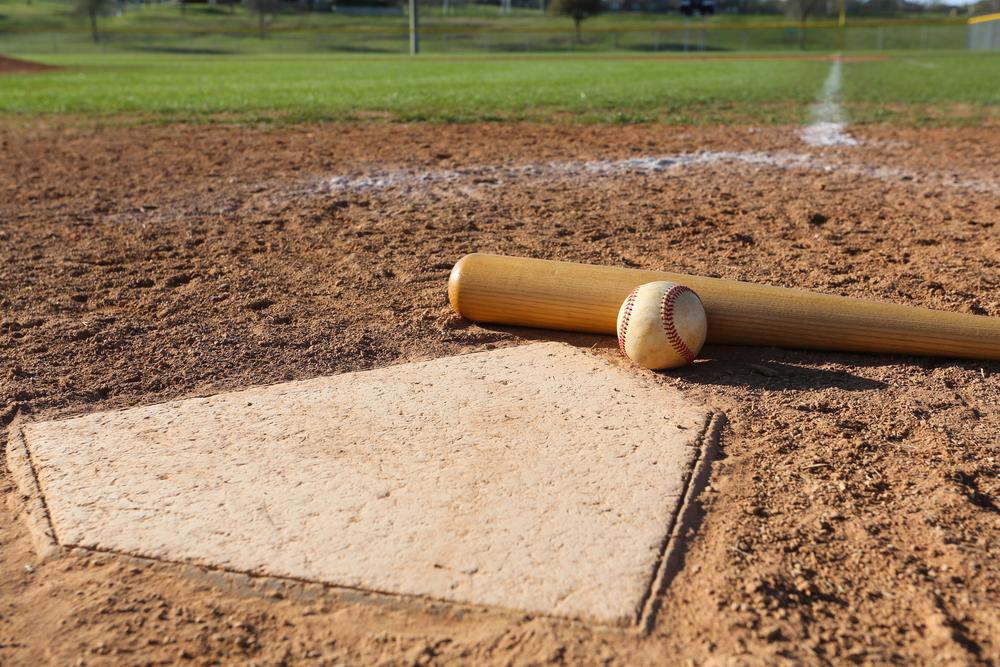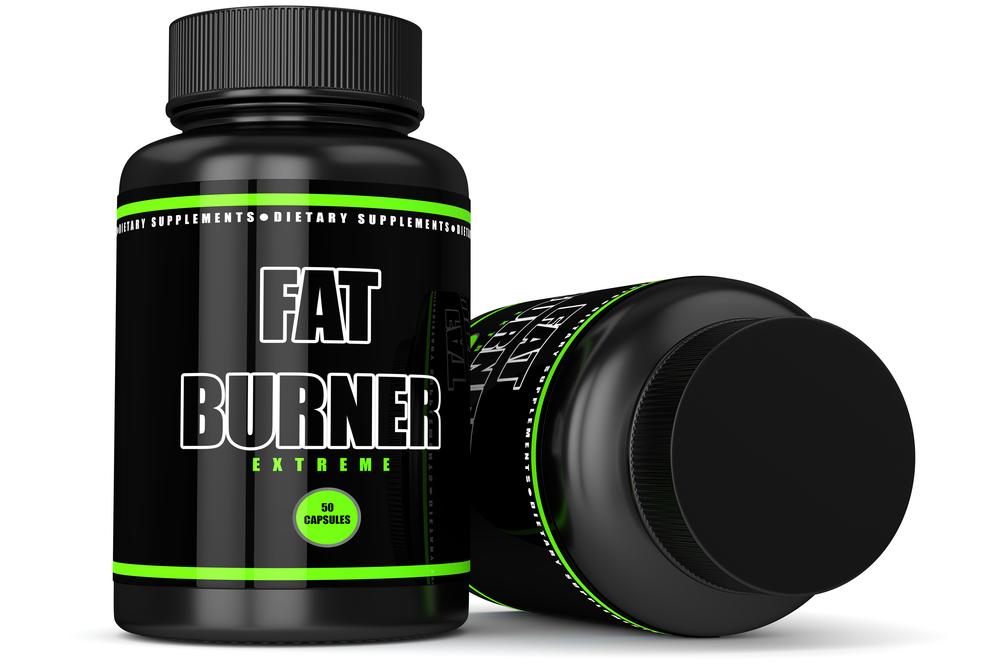 Content Warning: This article contains mentions of bullying.
Content Warning: This article contains mentions of bullying.
Although it’s most often associated with sports, ‘winning the right way’ is an important mantra applicable to all areas of a young person’s life.
Even if it’s sometimes repeated to the point of cliche, taking the time to teach what the phrase actually means in real-world scenarios (such as with the examples below) can be valuable to your youth athletes not only on the field, but also in the classroom, and in life.
1) Avoiding the Temptation to Cheat At School
Information has never been easier to access, and that means it’s never been easier to cheat or take shortcuts with schoolwork. For parents and mentors, it’s often a challenge to explain that just because you can look up answers quickly without getting caught, that doesn’t mean you should do it.
Being able to get information easily is a generally a great thing. But when it comes to learning, quickly Googling every answer for an assignment will not be as helpful to the student in the long run. While they might get good grades on the homework with this shortcut, when it comes time to reproduce that knowledge or apply those concepts on an exam or in a real-world situation, they will be at a distinct disadvantage.
How to explain to your athlete: While shortcuts may help your student-athlete achieve a desired short-term result, it’s important to understand the value of taking more time and achieving goals without shortcuts.
Try and make your athlete recall a time they looked up and copied something without truly taking the time to think about and understand it. Ask if they were then stumped by a question about the same topic later on, unable to recall what they were supposed to have learned. A sports analogy for this would be not giving 100% during pre-season conditioning drills, then finding themselves struggling to catch their breath toward the end of actual games.
2) Respecting the Rules
Legendary basketball coach John Wooden once said something to the extent of, “The true test of a person’s character is what they do when no one is watching.” To some degree, most teenage athletes already know this and don’t need to be told they shouldn’t do something illegal in sports even if they can get away with it.
Just as we frown upon the attitude “it’s only cheating if you get caught” in sports, young adults need to understand this is a toxic attitude to have in everyday life, too. While it’s great to think outside-the-box to solve problems and accomplish tasks more efficiently, taking a shortcut that disregards rules put in place for clear reasons (such as for safety) can lead to dangerous or even illegal situations.
How to explain to your athlete: The easiest analogies to use are through sports. Certain actions (leading with your helmet in football, sliding with your cleats up in baseball or soccer) can result in a penalty or ejection because they put others in danger and give an unfair advantage. True winners figure out how to win within the boundaries of the rules, not in spite of them.
In the ‘real world’, there are countless examples of people defying rules just because they can get away with it. Traffic laws are an easy example. Even if 99 times out of 100 it won’t cause an accident, rolling through a stop sign is still against the rules and a bad idea because your actions could seriously injure someone else.
3) Standing Up For Someone Being Bullied
The most difficult decision is often the right one. In some way or another, most young adults face bullying at some point in their life, and even more probably witness it.
The easy decision, or shortcut, is to turn a blind eye and hope someone else does something about it. Expressing disapproval seems like a good way to put yourself in the bully’s sights. But since bullies are often motivated by little more than approval and status, it may only take one or two dissenting voices to end their poor behavior.
How to explain to your athlete: When we encourage young adults to stand up against bullying, we often forget to acknowledge that doing so is really, really hard. Even as an adult, speaking up can be one of the hardest things to do.
Explain that while standing up might feel like a lonely act, there are almost always others that feel the same way they do. They are also likely just waiting for someone else to speak up and would be happy to join in once someone else shows courage first. Encourage them to be the person who stands up and makes it all right for others to step forward as well. This is similar to when someone asks a question in class, there is almost always several others wondering the same but didn’t have the courage to ask.
4) Taking Responsibility For Your Mistakes
Most athletes learn (or should learn) that part of being a great teammate means being accountable for your own actions: admitting to your own faults in a game generally earns your teammates’ support more often than blaming others does, even if the latter seems like the easier way out.
Outside of sports, this idea applies to many areas of life. People of all ages make mistakes. They are a natural part of everyday life. And no one likes having to deal with negative consequences of mistakes, but trying to avoid responsibility typically only makes the consequences worse.
How to explain to your athlete: Think of examples when owning mistakes and being honest about weakness has earned them respect way more than struggling to act like a perfect human being. Ask them to think of their favorite teachers, athletes, or personal heroes. What do they like and admire about those people? Those people make mistakes, too. Help them list a few of their heroes’ mistakes and flaws. Those people take responsibility for them and move on, and they don’t need to be flawless to still be great at what they do and great people to admire.
There are many examples of this throughout life. Talk about a time when you thought the consequence of a mistake was going to be much worse than it actually was. Or a mistake your child made that he or she thought was going to be a major problem but actually wasn’t. A funny story about owning your flaws comes from marketing, particularly the classic “The Taste You Hate Twice A Day” ad campaign for Listerine. Not many enjoy using mouthwash, but most agree it can promote oral health. Instead of taking the shortcut and trying to ignore the obvious, Listerine boldly featured their flaw in their famous campaign.
Sometimes, it takes first-hand experience to realize that the easy way is usually not the best way. Use your young athlete’s experiences to teach them about the dangers shortcuts present for their reputation, integrity, health, and performance.



